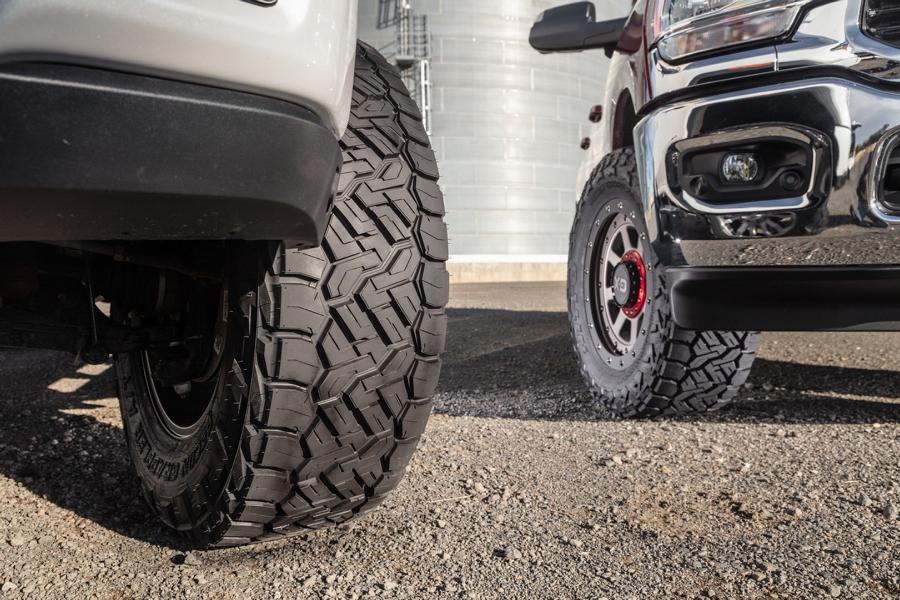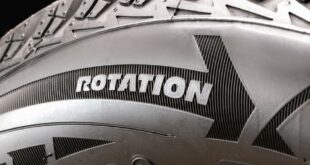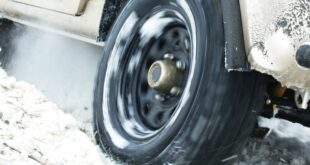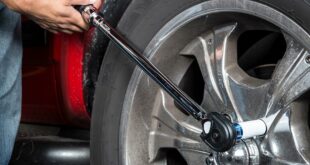Unusually loud driving noises from the tires can be frightening. As a rule, the noises only occur at higher speeds. The environment also suffers from this type of traffic noise, which is why it should be prevented by speed limits in places and modern road surfaces. Loud rolling noises can also be an indication of tire problems, which may even affect the safety of the vehicle.
Causes of loud rolling noises?
Every tire generates different noises just because of the contact between the road and the tire. And that one Offroad tires is louder than a Low-profile tires, that should go without saying. However, the noises are usually within a certain range. But if the rolling noise is unusually loud, can the following triggers are behind it:
Sawtooth
- This phenomenon is caused by uneven tread wear of the tires, as often occurs primarily with sports tires. As a result, the slippers get louder over time. Another factor is often heavy braking. But a sawtooth does not always mean that the tires have to be replaced immediately. You can get the tires in your trusted workshop "equalize" permit. A precision milling machine removes so much rubber from the tire that the tread is even again. However, this measure only makes sense with relatively new tires with sufficient tread. It only costs around 50 euros and delays buying a new one. Sawtooth is mainly at summer tires, but also at All season tires a phenomenon because they have a harder rubber compound than winter tires. Therefore, exchange them about 8.000 km the front and rear tires to load the tires more evenly.
tire pressure
- If the tire pressure is too low, the tires are on the move lauter, because a larger area than necessary has contact with the road and it closes faster wear comes. You should therefore always adhere to the pressure specified by the manufacturer. When increasing the load, you should also adjust the pressure accordingly. More information on the subject of tire pressure can be found in our article "So that everything runs smoothly: How to find the right air pressure!".
Tire type / tire label
- Noise with new tires is not always necessarily a cause for concern. Generally they are around tires louder with a higher load index, which is why you should only choose such tires for good reasons. Wider tires also produce compared to narrower models louder rolling noises. The volume of the tire can be read from the EU tire label. You can also recognize the fuel consumption, the Wet grip and Rolling noise. The rolling noise is specified in decibels and also provides information via a three-stage visual indication in the form of sound waves.
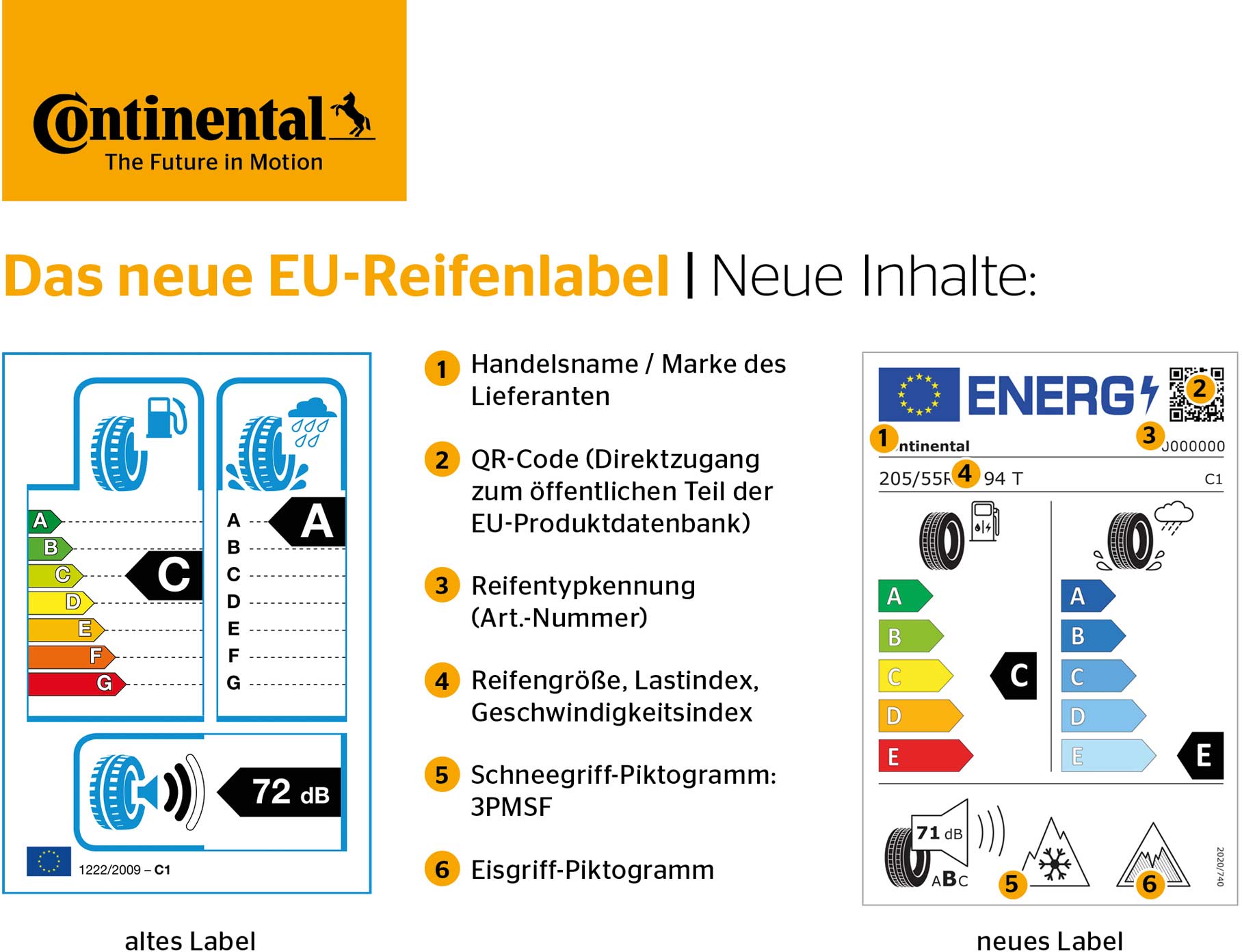
Three sound waves indicate that the tire is relatively loud. Two sound waves on the label indicate that the tires are below the limit value, while with one sound wave the noise is at least 3 decibels below the limit value. It is therefore best to inquire before the purchase according to the label that provides you with all the information about low-noise winter, summer and all-weather tires. More information about the EU tire label is available in our article "EU consumer protection: new EU tire label 2021!".
Loud noises after changing tires
- If you are Have changed your tires yourself and noticeably loud after changing tires Rolling noise the first thing you should do is check your tires directional and installed the right way round. There is more on the topic in our article "Recognize the tire running direction? This is how it works!". Also, check that the screws are properly tightened as these can also cause a loud hum. Also a defective wheel bearing can be a possible cause.
How can tire noise be prevented?
The general rule: At a forward-looking and balanced Your tires have a driving style longer lifetime. To avoid loud rolling noises, you should observe the following tips:
- Always drive with the correct tire pressure.
- Avoid heavy braking and acceleration.
- Mount your tires with the appropriate load index. (not higher than necessary)
- Change your tires in good time.
- Change your tires from front to back after 8.000 km for even wear. (not with mixed tires)
- Pay attention to the new tire label when buying.
- Replace tires with a tread depth of 3-4 mm with new ones.
Of course there is no general reason for loud rolling noise. If you are concerned or if you notice unusually loud noises, you should go to your workshop. Ultimately, it has your safety and that of your passengers and other road users always priority.
Of course, that wasn't the end of it!
tuningblog has countless other articles on the subject of car and auto tuning in stock. Do you want to see them all? Just click HERE and look around. In part, we would like to provide you with news but also off the tuning. In our category Tips, products, information & Co We have reviews of car or accessories manufacturers, new ones Tuning Wiki Terms or one or the other Leak veröffentlicht. Following an excerpt of the last articles:
"Tuningblog.eu" - we keep you up to date on the subject of car tuning and car styling with our tuning magazine and we present you the latest tuned vehicles from all over the world every day. It's best to subscribe to ours Feed and will automatically be informed as soon as there is something new about this post, and of course also to all other contributions.
 tuningblog.eu Your magazine about tuning the car
tuningblog.eu Your magazine about tuning the car

